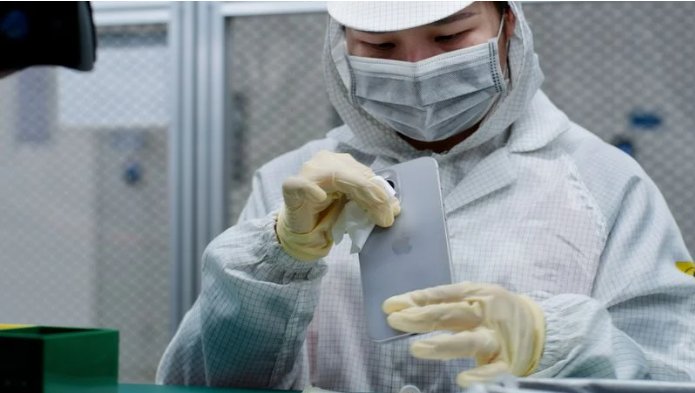In recent years, former President Donald Trump has consistently voiced his support for American manufacturing. One of the most notable targets of his push for domestic production is Apple Inc., one of the most influential technology companies in the world. Trump has repeatedly stated that Apple, with its vast resources and influence, has the ability to manufacture iPhones and other devices within the United States rather than relying on overseas factories, particularly in China. This statement has sparked a heated debate on the feasibility, implications, and broader economic significance of such a move.
This article explores Trump’s position on domestic iPhone production, the potential benefits and challenges of manufacturing in the U.S., Apple’s current supply chain model, and the long-term implications for the American economy and global tech industry.
### Trump’s Vision for American-Made iPhones
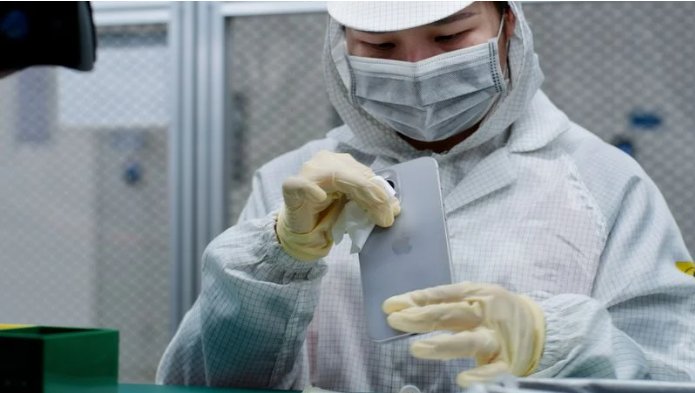
Donald Trump has long advocated for reshoring American jobs and rebuilding domestic industries. He sees Apple as a prime example of a company that could lead the charge in bringing advanced manufacturing back to the United States. Trump believes that if Apple were to produce its iconic iPhones domestically, it would create thousands of high-paying American jobs and significantly reduce the nation’s dependence on foreign countries for essential technology.
During his presidency, Trump stated, “Apple should build its damn computers in the United States instead of other countries.” His message was clear: American corporations, especially those as successful as Apple, have a responsibility to support the U.S. economy through domestic job creation.
### The Current Reality of Apple’s Global Supply Chain
Apple currently relies heavily on an international supply chain to produce its devices. Key components are manufactured in various countries, including Japan, South Korea, Taiwan, and Germany, before being assembled primarily in China by contractors like Foxconn and Pegatron.
This globalized model allows Apple to minimize production costs, access highly specialized suppliers, and maintain a highly efficient logistics network. For instance, China’s massive manufacturing ecosystem, vast labor pool, and established infrastructure provide Apple with unparalleled scalability and flexibility.
Transitioning from this model to a domestically-centered production system would require massive capital investment, policy changes, and shifts in labor dynamics.
### Could Apple Realistically Build iPhones in the U.S.?
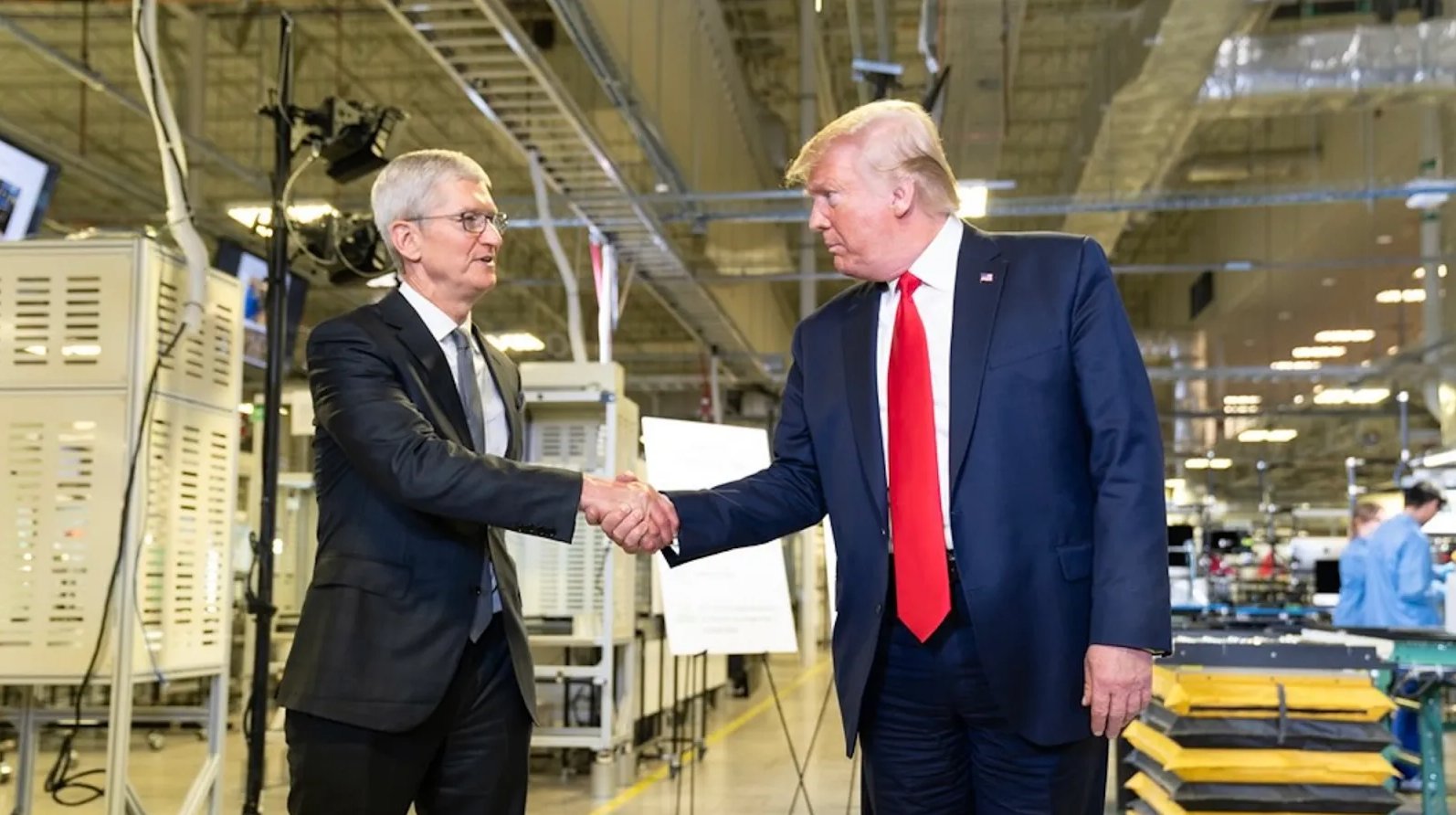
From a technical standpoint, it is possible for Apple to manufacture iPhones in the United States. The company already operates some facilities on American soil, including a Mac Pro assembly plant in Texas. Additionally, Apple has invested billions in U.S. infrastructure and research and development centers.
However, moving the entire iPhone production process stateside would be a colossal undertaking. It would require constructing new factories, training a new generation of workers, securing domestic suppliers for high-tech components, and reconfiguring Apple’s supply chain—all of which would involve significant costs and time.
### Economic Impacts of Domestic iPhone Manufacturing
If Apple were to fully shift its iPhone manufacturing to the U.S., the economic impact could be profound. Job creation would be the most immediate benefit, especially in areas struggling with industrial decline. These new jobs would likely span a range of skills, from assembly line workers to engineers and logistics managers.
Moreover, a domestic production boom could spur innovation in manufacturing technology and lead to a renaissance in American engineering education and apprenticeships.
However, the potential downsides cannot be ignored. Manufacturing costs in the U.S. are considerably higher than in countries like China. Labor costs, regulatory compliance, and energy expenses would drive up the price of each iPhone, potentially making the devices significantly more expensive for consumers.
### National Security and Technological Sovereignty
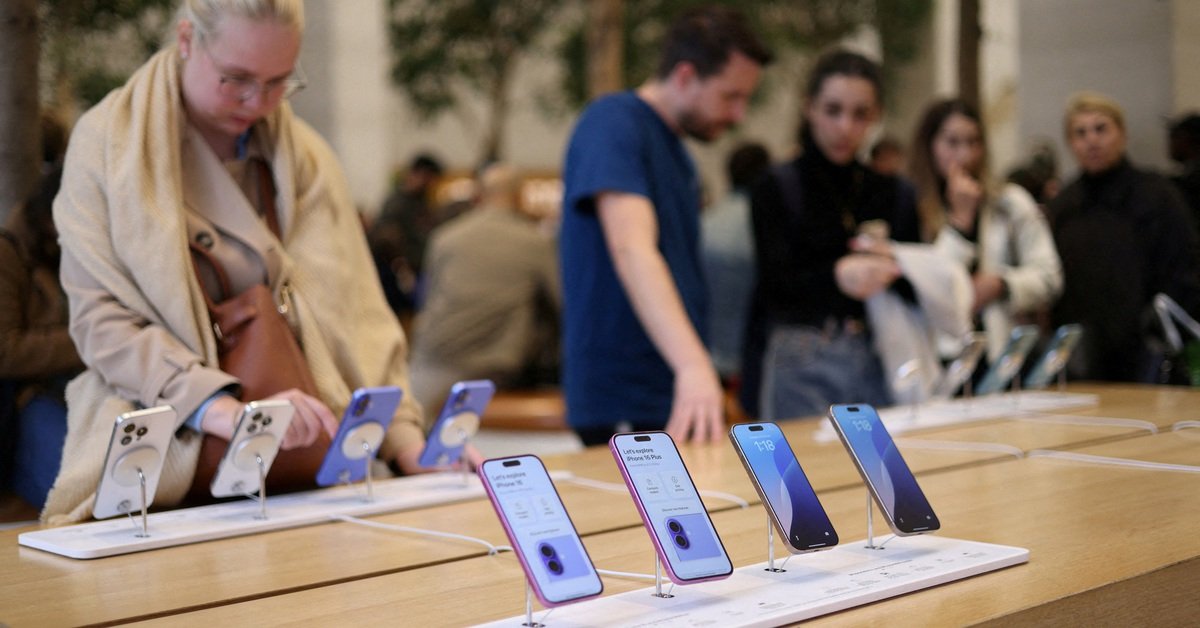
Another key reason Trump has emphasized the need for Apple to produce its iPhones domestically is national security. In an increasingly digital world, the hardware and software we use daily are not just commercial products—they are strategic assets.
Relying on foreign nations, especially geopolitical rivals like China, to produce critical technology components raises concerns about supply chain vulnerability, potential espionage, and technology transfer risks. Trump’s call to manufacture iPhones in the U.S. reflects a broader strategy to ensure technological sovereignty and reduce reliance on external sources for sensitive tech.
### Policy Tools to Incentivize Domestic Production
To encourage companies like Apple to shift manufacturing to the U.S., Trump and other policymakers have proposed a range of measures. These include tax incentives for domestic investment, tariffs on imported goods, relaxed regulations for manufacturing zones, and increased federal support for workforce development.
During his presidency, Trump imposed tariffs on Chinese goods in an attempt to level the playing field and make American manufacturing more competitive. He also passed tax reforms aimed at incentivizing U.S.-based business investments.
However, critics argue that such policies can backfire, raising prices for consumers and creating trade tensions that ultimately hurt the global economy.
### Apple’s Response and Strategic Considerations
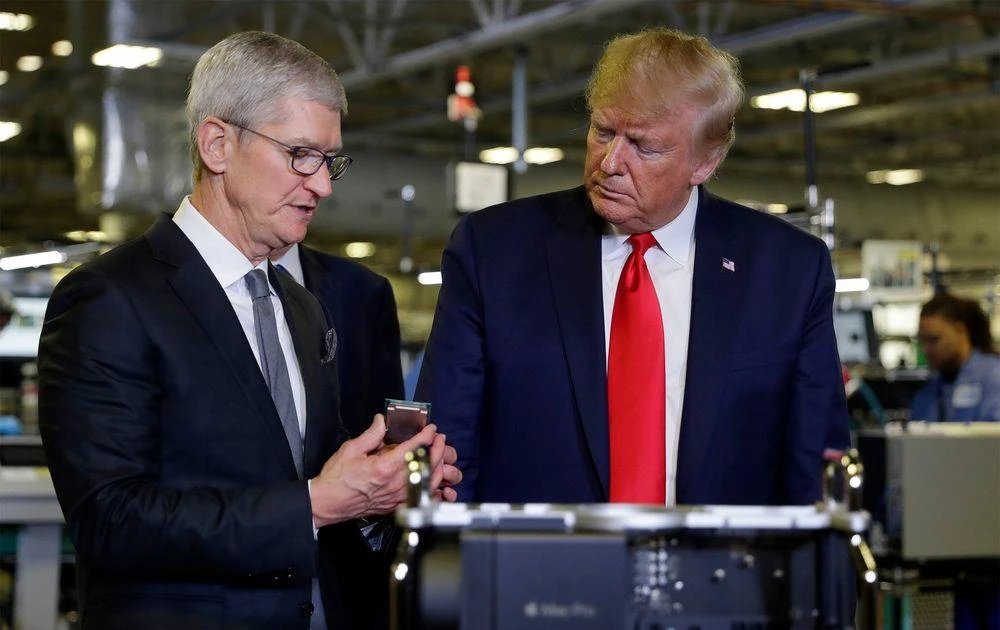
Apple has responded to Trump’s remarks with caution. While the company has emphasized its commitment to contributing to the U.S. economy—including pledging to invest $350 billion in the U.S. over a five-year period—it has also maintained that global production is critical to its success.
Tim Cook, Apple’s CEO, has met with Trump on several occasions and has highlighted the company’s role in supporting American jobs through design, innovation, and high-end manufacturing like the Mac Pro. However, Apple has also made it clear that large-scale iPhone assembly in the U.S. is not currently economically viable without significant systemic changes.
### Technological Infrastructure and Workforce Readiness
One of the key challenges to domestic iPhone production is the lack of a robust technological manufacturing infrastructure in the U.S. Unlike China, where entire cities are optimized for electronics assembly, the U.S. has allowed its high-tech manufacturing capabilities to atrophy over the decades.
Furthermore, while the U.S. has a talented workforce, it lacks the volume of mid-skilled technicians and factory workers who can quickly scale up to meet the demands of high-volume electronics production.
Investments in vocational training, STEM education, and advanced manufacturing could help bridge this gap, but such efforts would take years to bear fruit.
### The Future of American Tech Manufacturing
Trump’s assertion that Apple can make iPhones at home may seem aspirational to some, but it taps into a growing movement advocating for the revival of American manufacturing. With the rise of automation, 3D printing, and smart factories, the barriers to domestic production are slowly eroding.
Future advancements in robotics and artificial intelligence could drastically reduce labor costs and make U.S.-based production more competitive. If Apple and other tech giants invest early in these innovations, America could become a global leader in next-generation manufacturing.
### Consumer Reactions and Brand Perception
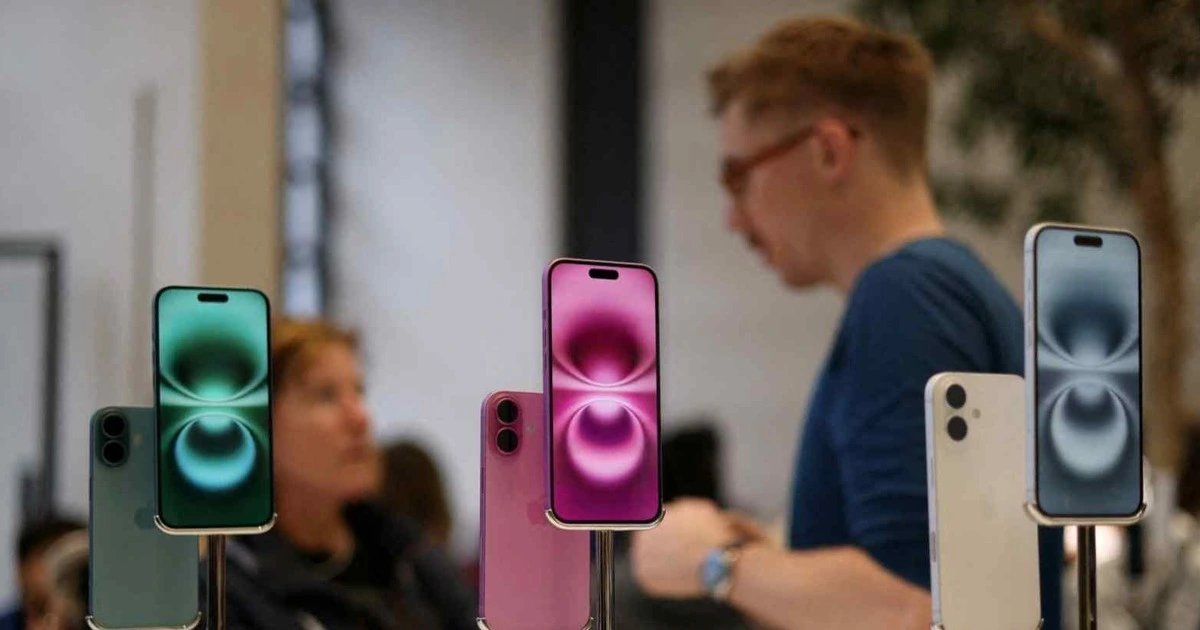
The idea of a “Made in America” iPhone may also appeal to a large segment of American consumers who value patriotism, quality, and economic nationalism. For Apple, manufacturing in the U.S. could serve as a powerful marketing message and a way to distinguish itself from competitors.
However, higher production costs could translate into higher retail prices, which may dampen consumer enthusiasm—especially in a price-sensitive global market.
Apple would need to strike a careful balance between cost, quality, innovation, and brand values if it chooses to heed Trump’s call.
### Conclusion
President Trump’s belief that Apple can—and should—make iPhones at home is rooted in a broader philosophy of economic nationalism, technological independence, and American self-reliance. While the challenges of reshoring iPhone production are significant, the potential benefits for jobs, innovation, and national security are equally compelling.
For now, the debate continues. But as global dynamics shift and technological capabilities evolve, the vision of a domestically manufactured iPhone may move from political rhetoric to economic reality. Apple, as a leader in innovation, has the power to redefine the manufacturing landscape—not just for itself, but for the entire U.S. economy.
